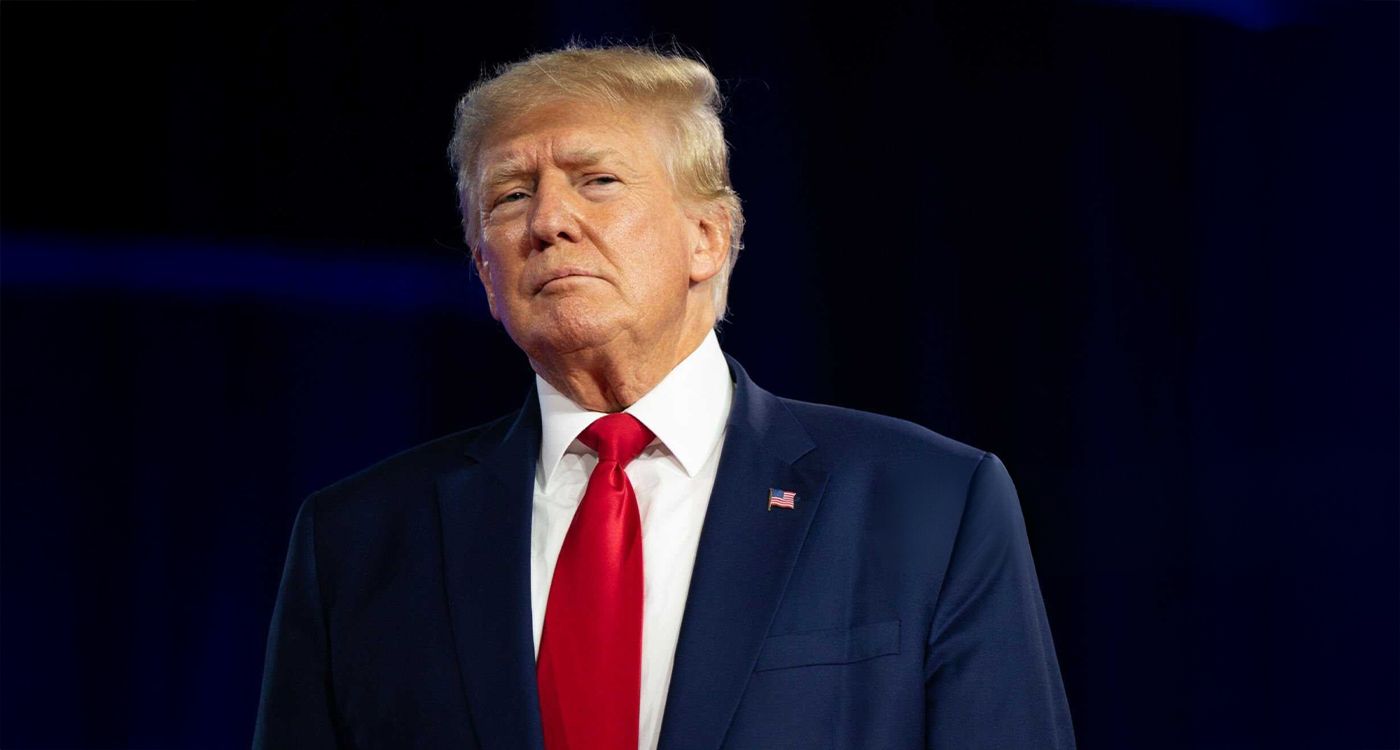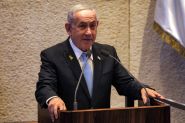- Home
- Middle East
- The Trump Administration and the Challenge of Multiple US Presidential Envoys to the Middle East

©shutterstock
As the second Donald Trump administration begins its term, it is poised to tackle significant global challenges, particularly in the Middle East. The conflict dynamics are in constant flux between escalation and de-escalation, which brings ongoing concerns about the potential for costly US intervention.
Recent surveys by the Council on Foreign Relations indicate that the ongoing conflicts in the Middle East are the top concern among respondents. The prolonged Israel-Hamas war in Gaza, which has lasted over a year and just recently reached a ceasefire agreement, combined with escalating clashes between Israeli forces and Palestinians in the West Bank, increasing tensions between Iran and Israel and ongoing conflicts involving Hezbollah in Lebanon, all contribute to a climate of instability in the region.
However, appointing multiple special envoys by US President-elect Donald Trump is likely to introduce complexities, as overlapping roles could create confusion. The incoming administration has marked various candidates for foreign affairs positions, setting the stage for potential power struggles.
The pool of nominees for special envoy roles is notable, with some positions closely resembling those of traditional ambassadors or assistant secretaries of State. "It's a competitive landscape," stated a source well-acquainted with the appointments, emphasizing the potential challenges that these overlapping roles may present.
Many special envoys can take on their roles without needing Senate confirmation for nearly a year, as long as Trump informs key congressional committees. This arrangement facilitates a more rapid response in filling these positions, as former Assistant Secretary of State for Near East Policy David Schenker noted to This is Beirut. However, Schenker also pointed out that this could create some ambiguity in the lines of authority.
As the administration embarks on its agenda, the responsibilities of several special envoys will soon be clearly defined. While some roles may take on a more ceremonial aspect, serving as political rewards for loyalists, others will wield significant influence and shape the direction of our initiatives.
The outlook for Secretary of State-designate Marco Rubio is increasingly complex as he prepares to navigate a maze of competing portfolios. "Trump is orchestrating a labyrinth of overlapping responsibilities," according to an official from the Biden administration. He emphasized, "Establishing clear lines of authority will be one of Rubio's most significant challenges."
With significant foreign policy experience from his tenure in the Senate, Rubio is positioned to assert his influence within the administration. He is currently focused on his confirmation process and effectively staffing the State Department, as revealed by a source close to him.
Rubio understands the importance of organizing his team before diving into international outreach, showcasing his strategic and confident approach during this transitional phase.
Amidst the intertwining roles and responsibilities, these special envoys are expected to work effectively alongside the Secretary of State. As Schenker aptly noted, "The key question for the White House is whether envoys will coordinate their efforts with the Secretary of State to ensure smooth negotiations and avoid any surprises."
Historically, many foreign policy issues have been effectively managed from the White House, and the first Trump administration demonstrated this with impactful initiatives like the Abraham Accords, which were often spearheaded by top officials within the White House.
Who's Who in the Strategy for the Middle East
Among the key figures in the new administration addressing the Middle East crisis are Steve Witkoff and Massad Boulos. Witkoff, known for his pro-Israel stance and strong ties to Trump, is confidently taking on the critical tasks of addressing the Gaza conflict, normalizing relations between Saudi Arabia and Israel, and revitalizing peace initiatives between Israelis and Palestinians. While he may not have formal experience in Middle East politics, his close relationship with Trump significantly boosts his credibility in discussions with regional leaders.
Boulos, leveraging his family connections to Trump, is taking the lead on crucial diplomatic initiatives throughout the Arab world. His prior engagements with Arab communities during the 2024 campaign underscore his strong commitment to strengthening diplomatic relations in the region.
In addition, Mike Huckabee has been appointed as the US ambassador to Israel. The administration's stance on Israeli settlements in the West Bank and its broader diplomatic strategy is still crystallizing, with progress on establishing a Palestinian state considered a prerequisite for Saudi normalization with Israel.
Read more




Comments